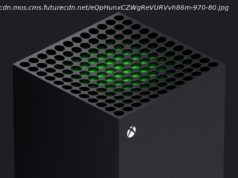Company to focus on full updates and extra updates
Microsoft uses three different types of updates to make this new system more effective, namely full updates, express updates, and delta updates.
Starting with February 2019, the company will continue to employ only the first two, as it wants to retire delta updates in order to rely exclusively on express updates to deliver smaller packages to Windows 10 devices.
Technically, there’s one major difference between delta and express updates: the latter are smaller in size thanks to the fact that they patch individual files and not the full component, as it’s the case of delta updates. Microsoft has a more technical description of express updates:
“[They] generate differential downloads for every component in the full update based on several historical bases. For example, the latest May LCU contains tcpip.sys. We will generate a differential for all tcpip.sys file changes from April to May, March to May, and from the original feature release to May.
A device leveraging express updates will use network protocol to determine optimal differentials, then download only what is needed, which is typically around 150-200 MB in size each month. Ultimately, the more up to date a device is, the smaller the size of the differential download. Devices connected directly to Windows Server Update Services (WSUS), System Center Configuration Manager, or a third-party update manager that supports express updates will receive these smaller payloads.”
With full cumulative updates growing in size and delta updates not being as effective as express, the company has decided to discontinue the latter, explaining that express updates are now available via third-party update management systems as well.
Delta updates will continue to be available for systems running Windows 10 Anniversary Update to April 2018 Update, but once these versions reach the end of support, they would be discontinued as well.






